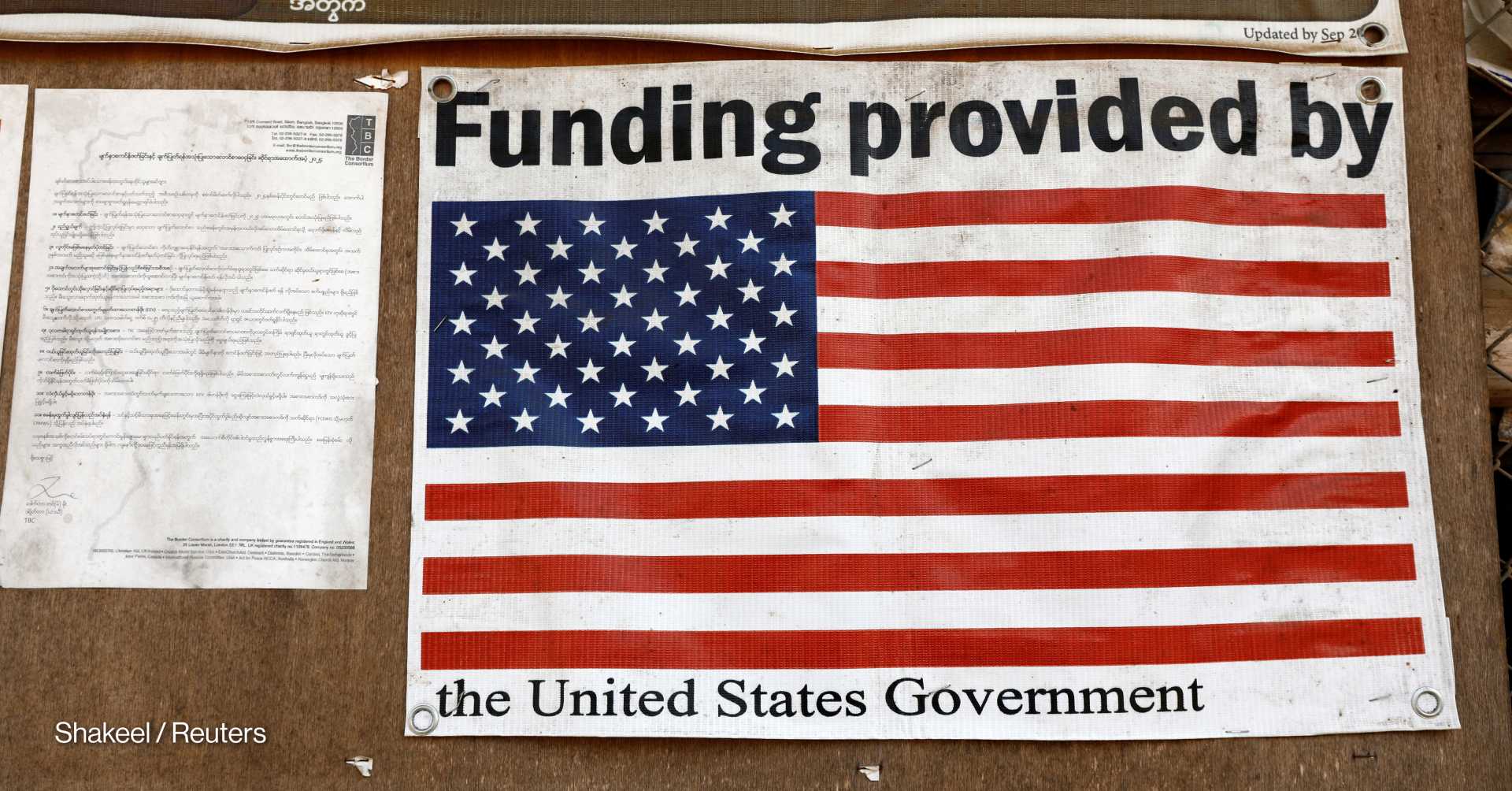Politics
State Department Revises Foreign Health Assistance Strategy

NEW YORK — The State Department announced on September 18, 2025, a new strategy for foreign health assistance, refocusing on multiyear bilateral agreements with recipient countries. This shift aims to make aid dependent on negotiations, which officials believe will curb waste while aligning with American priorities.
Secretary of State Marco Rubio emphasized the need for reform in foreign health programs, stating, “We must keep what is good about our health foreign assistance programs while rapidly fixing what is broken.” Rubio insists that the U.S. will maintain its status as a global health leader while ensuring that aid directly benefits American interests.
This new strategy reflects President Donald Trump’s approach of negotiating directly with foreign governments to promote U.S. agendas abroad. Critics argue that previous foreign aid practices helped stabilize nations and foster alliances. Trump has also voiced concerns regarding previous administrations’ foreign assistance diverging from U.S. values.
As part of this plan, the State Department will focus on providing crucial medical supplies and assistance while transitioning management responsibilities to governments in recipient nations. According to a senior administration official, this new structure will incentivize countries to become self-sufficient and reduce dependency on U.S. aid.
Budget specifics will be determined through negotiations beginning in the coming months, with the goal of implementing new agreements by spring 2026. The administration reaffirmed its commitment to covering frontline health costs, including payment for healthcare workers.
While HIV support in regions like Africa will continue, funding is expected to shift toward partners in the Western Hemisphere and Asia-Pacific. The strategy document criticized earlier programs as inefficient, with a high percentage of budget spent on overhead.
In summary, the State Department’s focus on bilateral agreements marks a significant shift in the U.S. approach to foreign health assistance, aiming for efficiency and alignment with national interests.












